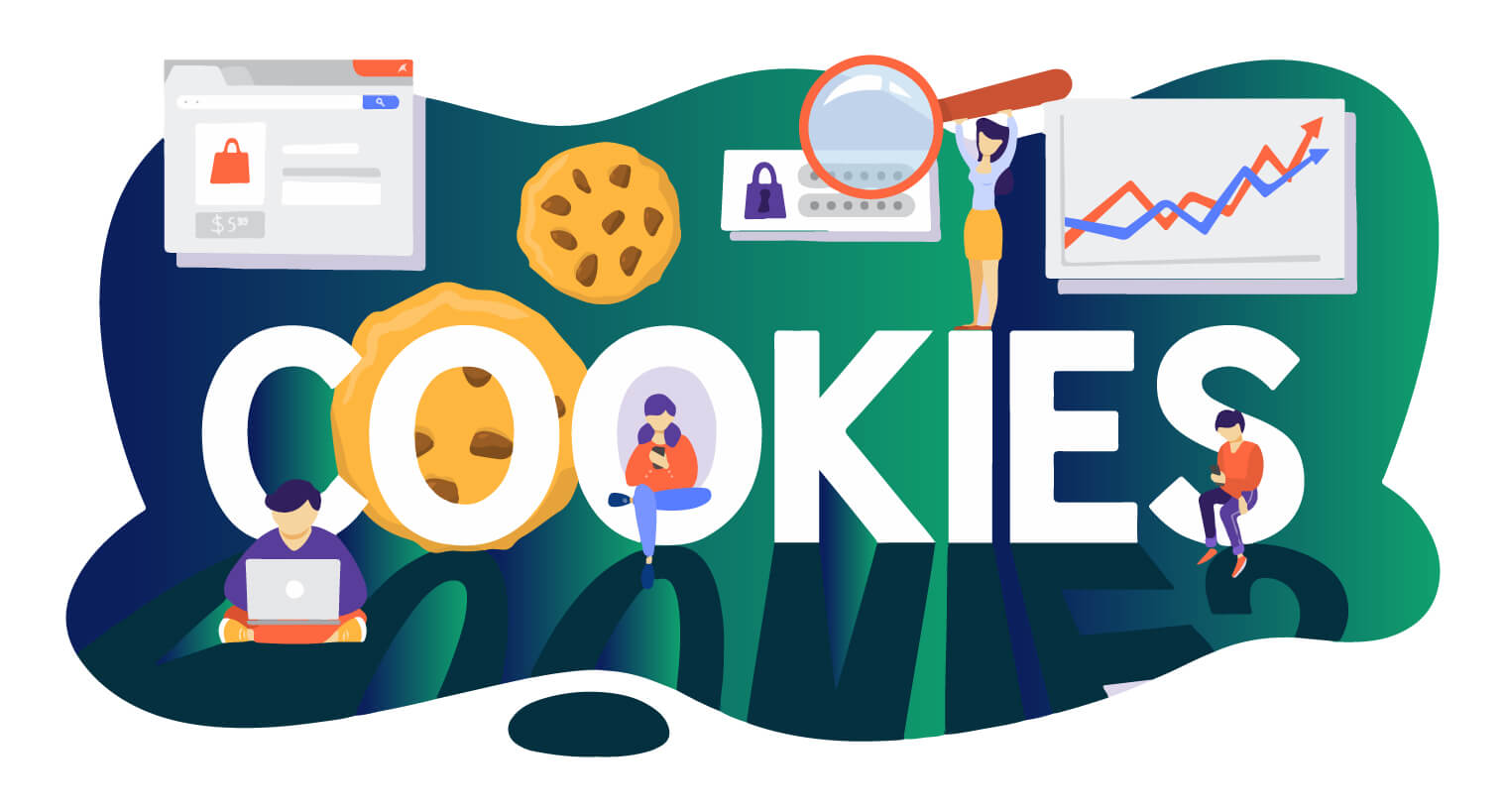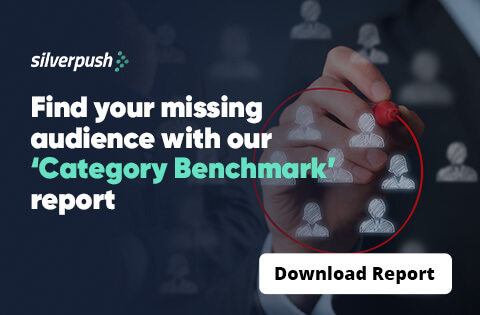How Agencies are Helping Brands Quit Cookies? | 25 Jul, 2022

It’s been since the mid-1990s that advertisers are relying on third-party cookies to target audiences by establishing and tracking their behavior across a range of activities on the internet. Studies state that it’s really tough for brands to get over third-party cookies and rely on a new method to target the audience.
This traditional method has raised serious concerns worldwide because users’ private data is being compromised at the expense of advertisers trying to convert their audience into customers. Moreover, targeting people using this technique is quite old and needs to be phased out to bring something newer and better into the market.
There have already been recent developments and decisions taken to remove the third-party cookies by the end of 2023 after the regulations by GDPR have been introduced. Decisions to phase out the third-party cookies have already been taken by the world’s most famous browser, Google Chrome, as declared that it would get rid of third-party cookies by the end of 2023.
Third-party cookies have already been removed by Safari, and Firefox automatically disables them when used for tracking. iOS 14 and macOS are introducing new privacy and tracking options for users. There is yet no acceptable substitute with the potential to disrupt the whole digital advertising market and threaten publisher income streams.
Also Read: Contextual Intelligence: Everything You Need to Know and Why It Matters?
Challenges Faced without Third-Party Cookies
Cookies are files that a website sends to the browser when a person visits it. Here, the goal is to save crucial information and help you improve your browsing experience. These are common on most websites and are a common way to navigate the internet nowadays.
For years, the $565 billion global ad industry has relied on identifying audiences’ behavior online by tracking their behavior. This has helped them a lot in crafting offers and promotional messages that are both timely, and relevant to consumers.
By remembering login credentials, site preferences, and other information, first-party cookies save users time and effort when they browse. They typically require site visitors to register their consent to use them, along with their personal information, and generally get a thumbs up from consumers, as a result.
Third-party cookies are another matter. There are some cookies that do not require the user’s permission, like the ones that provide technical information on site settings, navigation, and display. Others measure user behavior, compile surfing information, and let digital marketers target and re-target ads to customers.
How Media Agencies can Help Brands Quit Cookies?
The responsibility for preparing brands and advertisers for the shift from third-party cookies is mostly on the media agencies. This is because they have the most access to knowledge and are in constant contact with representatives of global players such as Google or Facebook.
Thus, in order for these agencies to provide the best possible service to their clients, it is important to accurately measure their level of experience. This will help in ensuring there are no gaps in their knowledge that could lead to confusion when it comes to cookie-less advertising.
Brands that invest in digital advertising generally have a good level of understanding of the mechanics of online campaigns and how cookies are used to identify and reach specific audiences.
However, these are some of the ways in which agencies can help their clients in sailing in the cookie-less world. Agencies provide guidance through the rapid changes that occur in the digital advertising ecosystem with minimal impact.
- Firstly, it is crucial to ensure that you have a diverse internet presence, including discreet, non-intrusive activities.
- Continued education and information sharing are also critical for digital advertising’s effectiveness in a cookie-less future.
- Regular seminars and conferences where experts discuss the implications of forthcoming developments and exchange best practices.
- Instead of functioning in silos, these conferences are intended to disseminate knowledge about cookie-less advertising and advance the industry as a whole.
Final Word
The death of third-party cookies was inevitable because one day or another other people would have raised the importance of privacy as they are doing now. So, instead of viewing the removal of third-party cookies as a danger, we might see it as an opportunity to broaden our perspective on the digital world and pay greater attention to customer experiences, data quality, privacy protection, and online brand safety.
This is the reason why more and more people are turning their back on third-party cookies and moving towards contextual targeting as they fulfill all the demands of brands without hindering users’ privacy.

BLOGS
Decoding the Digital Holiday Shopper: A Guide for Brands
It is almost that time of year again—the time when the streets are decked with lights and joy is all around. The holiday season is around the corner, and with it comes the bittersweet joy and stress of gift buying. Indeed, research suggests that holiday shoppers these days start planning, ...

BLOGS
The YouTube Effect: How Brands Are Seeing Mind-Blowing Results!
Welcome to a new era of entertainment, where YouTube isn't just a platform—it's a cultural phenomenon. A few years ago, who would have thought that creators from all corners of the globe would rival traditional TV networks in popularity? Today, YouTube is the third most visited website worldwide, with users ...

BLOGS
Holiday Advertising Strategies: How to Use Video Ads to Skyrocket Sales
Let's be honest: the holiday season is a retailer's Super Bowl. Shoppers are primed to spend, and with online sales projected to reach a colossal $957.3 billion in 2024 alone, the opportunity is bigger than ever. But in a sea of digital Santas and flashing "limited-time offers," how do you ...







